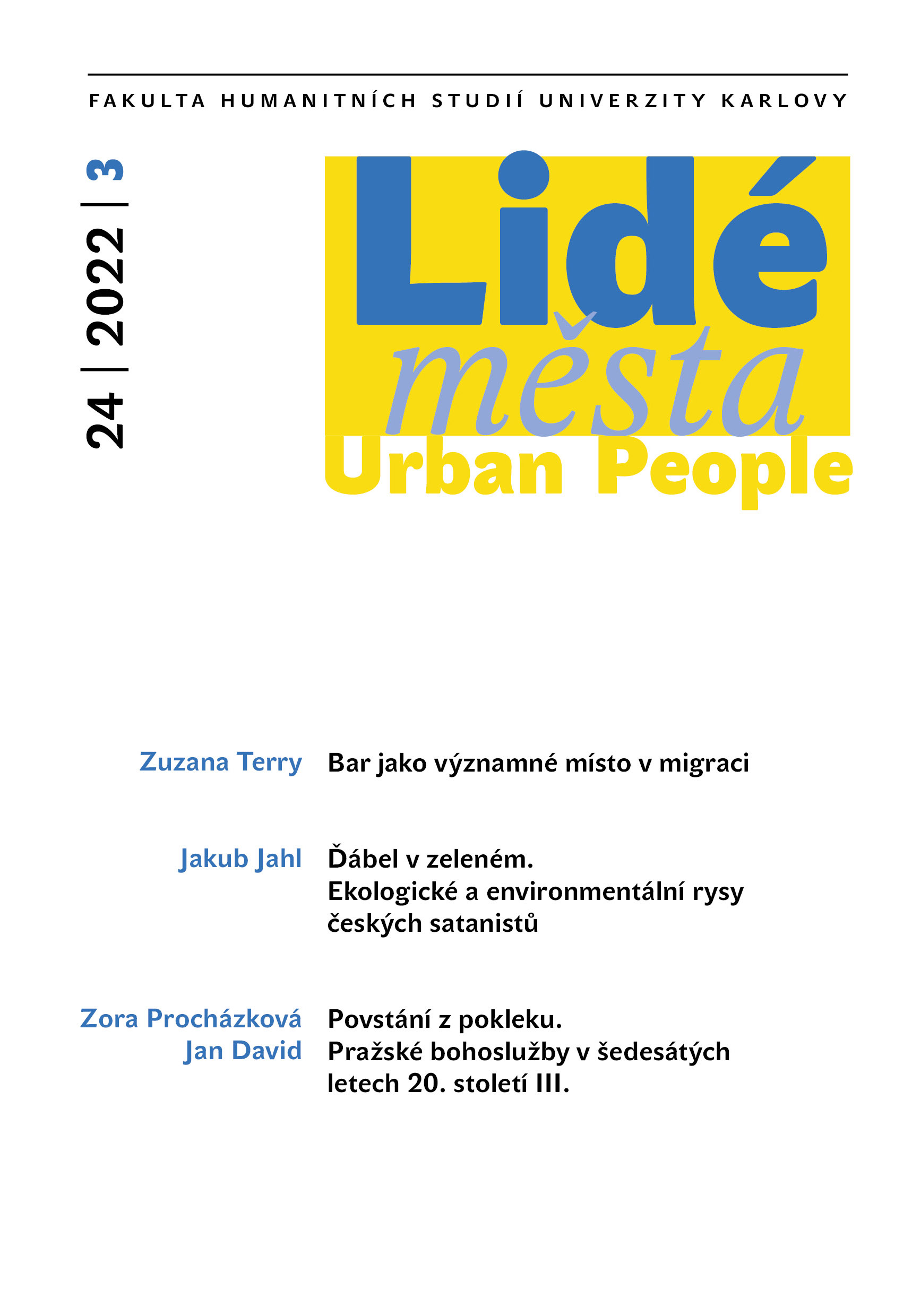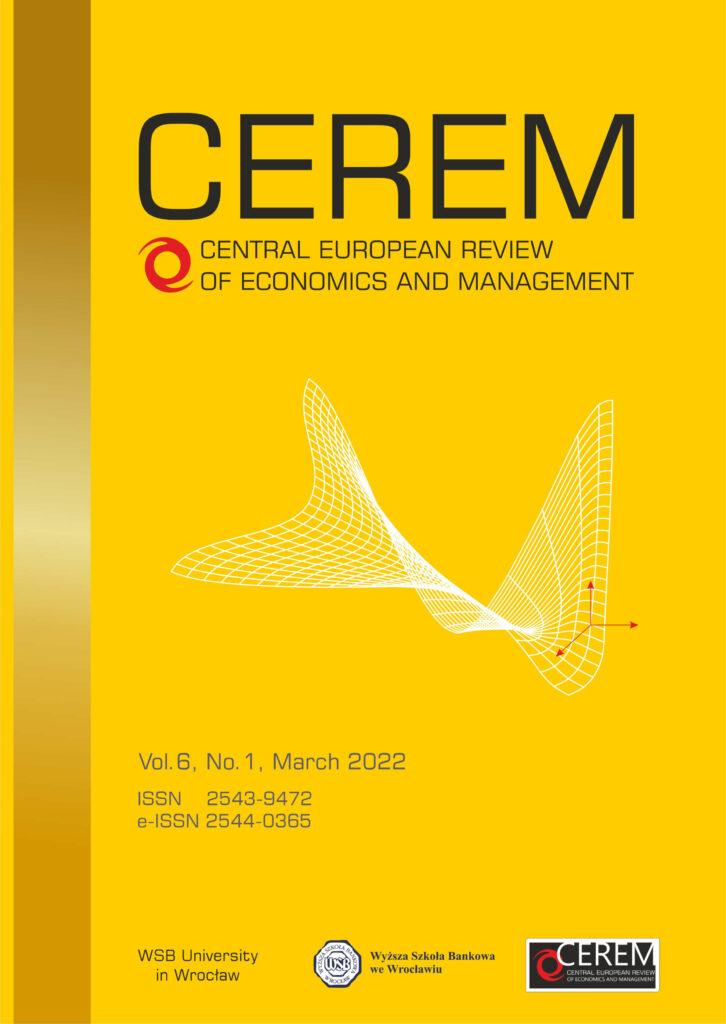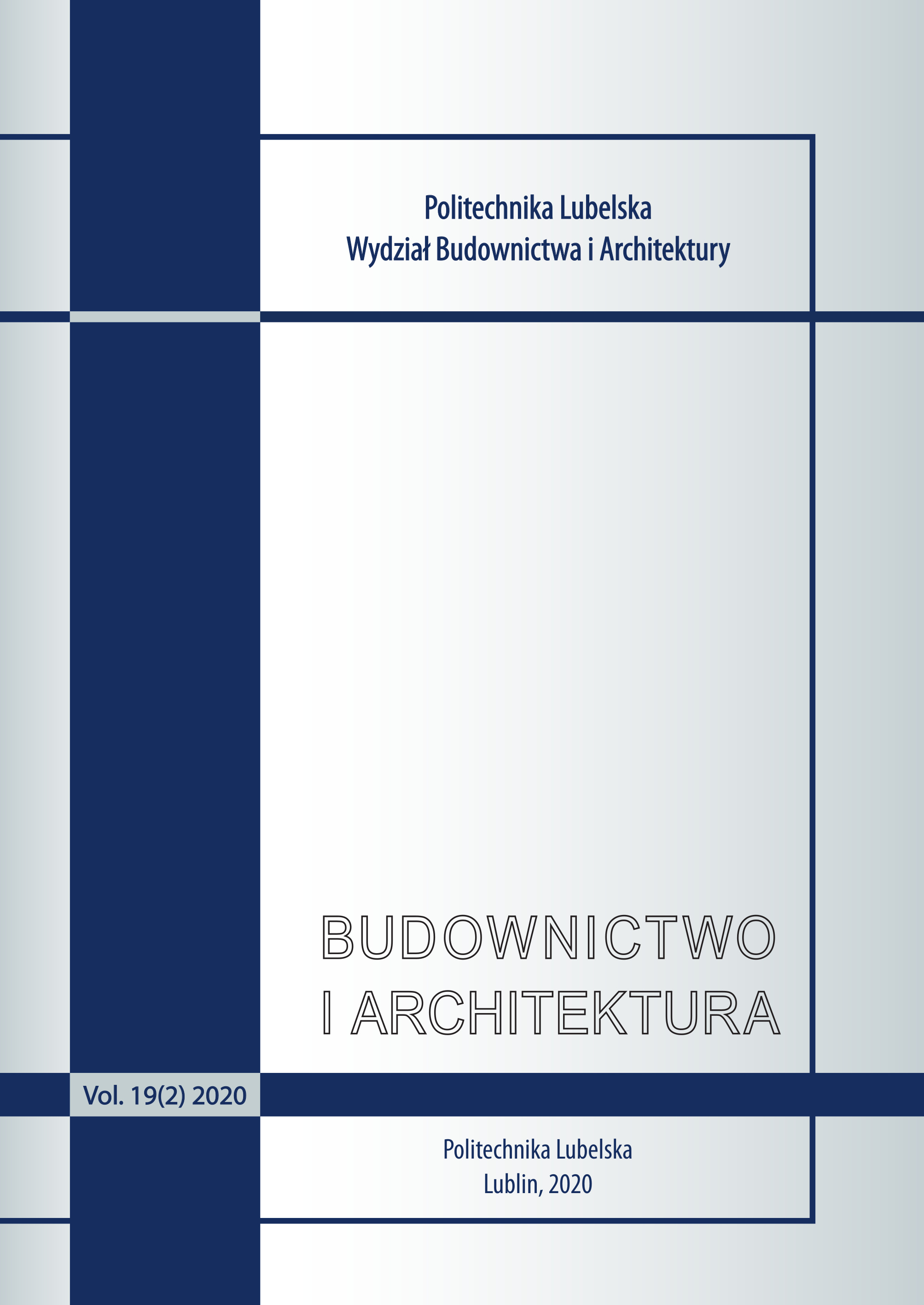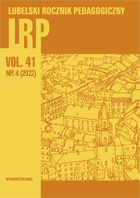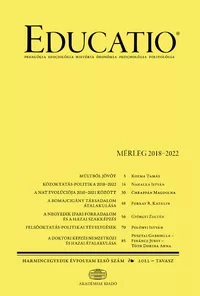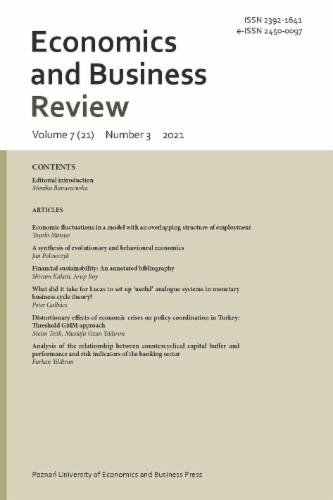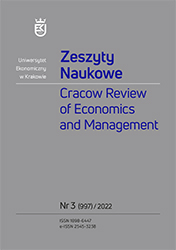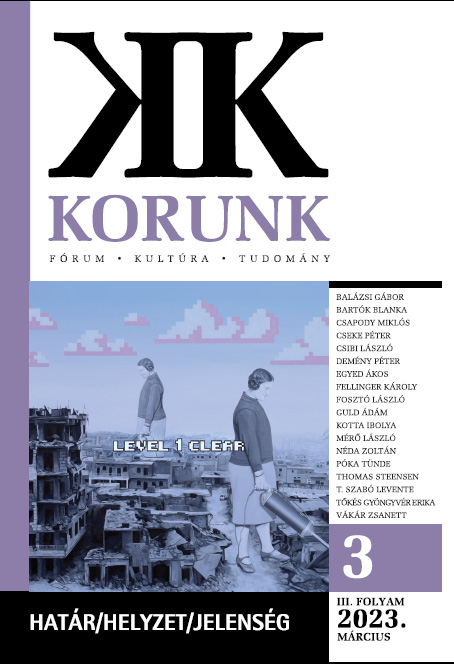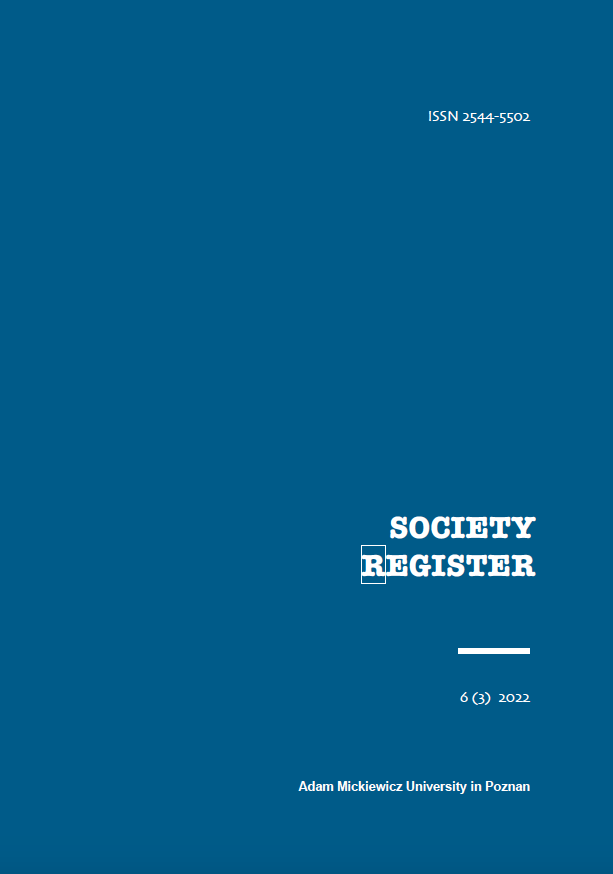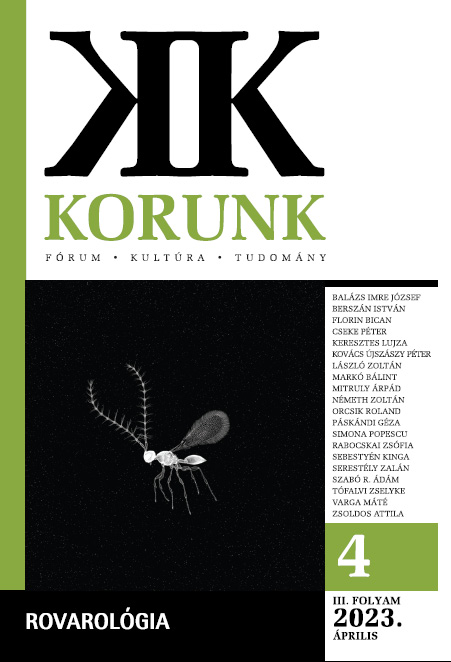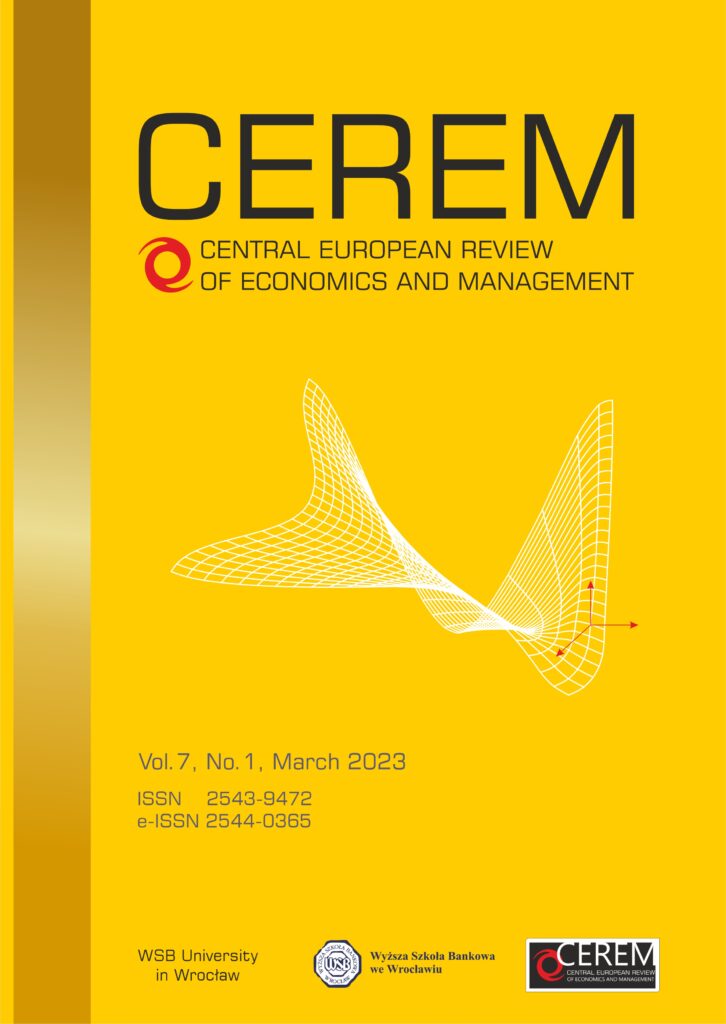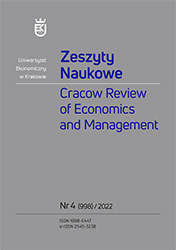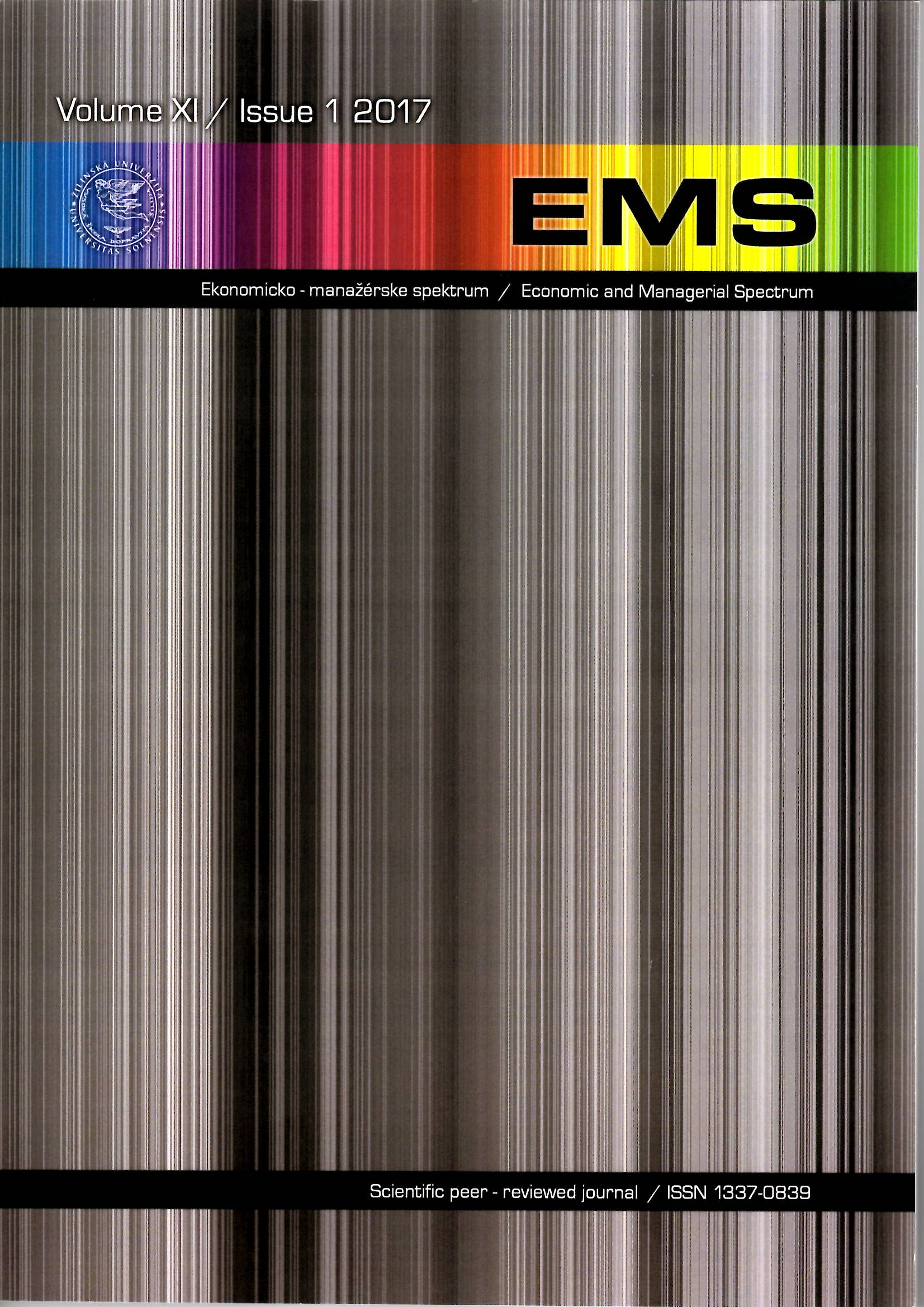
BARRIERS AND DRIVERS TO ECO-INNOVATION: COMPARATIVE ANALYSIS OF GERMANY, POLAND AND UKRAINE
The paper attempts to investigate the driving and restricting forces of eco-innovations. We determined the most important barriers to eco-innovation that can be classified mainly in three groups such as: external, internal, and international factors. The major barriers to the development of the firms’ eco-innovative activity have been identified as the lack of funds within the enterprises, lack of external financing, uncertain demand at the market, uncertain return from investment, unhelpful regulations, lack of knowledge and experience. It is determined that in Ukraine the corruption of public officials has one the most restricting impacts on eco-innovative activities of enterprises. The study shows that eco-innovative activities of firms of all sizes are growing but large enterprises are the most eco-innovative ones. The Eco-innovation Index for Ukraine was calculated; it shows that Ukraine has the lowest position of eco-innovative efficiency in comparison with Germany and Poland. But despite the different levels of eco-innovativeness in Ukraine and the EU Members (using the example of Poland and Germany), the main barriers and drivers to eco-innovation are roughly the same in all of these countries. Based on the interview surveys we found that the most important drivers of eco-innovative activity in Ukraine are the following: existing environmental regulations and taxes, improvement of the company’s reputation on the market, as well as the reduction in operating costs on energy, water and materials.
More...
